
Curious about how to take better care of your teeth? We’re here to answer the most common dental hygiene questions, so you can take the necessary steps to improve your oral health.
These are some of the most common questions that we hear from patients every day about brushing, flossing and protecting their teeth from common yet treatable conditions.
Do I really need to floss?
Yes! Flossing is not something that should be treated as optional. It’s an important part of oral hygiene that helps to make sure you reach all areas of your mouth and remove all traces of food debris and plaque buildup. Your toothbrush cannot reach all surfaces of your teeth as it cannot reach between where two teeth meet. To reach all surfaces, you need to floss using dental floss, interdental brushes or even a water flosser.
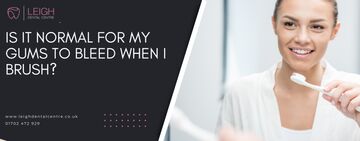
Is it normal for my gums to bleed when I brush?
No, it’s not normal for your gums to bleed when you brush, but it is quite common. This is a sign of inflamed gums that can be caused by bacteria build up. This is also known as gum disease, and it can lead to tooth loss if left untreated. If you notice your gums bleed when you brush or floss, it’s time for a visit to the dentist to get things back on track.
Should I brush before or after breakfast?
We recommend brushing after your breakfast in the morning as this will give you the best protection, particularly if you have a breakfast that is high in sugar. This will also allow you to start the day with fresh breath. The only exception would be if you go to the gym before you have your breakfast. In this case, you might want to brush before the gym and then again after breakfast to give yourself optimum protection.
How often should I visit the dentist?
Most people need to visit the dentist every 6 months for a checkup, but this could be reduced to as little as every 2 years if your dentist recommends it. Of course, you can still book an appointment if you have an issue before your next appointment is due, but you can wait if you don’t have any oral health issues. Some people need to visit the dentist more frequently, particularly if they are trying to get an issue like gum disease under control.
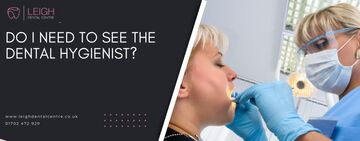
Do I need to see the dental hygienist?
Most people can benefit from occasional visits to the dental hygienist. At least once a year is a good idea if you want to protect your teeth and make sure you stay on top of plaque build up. Your dental hygienist can advise you if a visit is necessary. They can also give you expert advice on how to care for your teeth at home so you can extend the time between visits.
Is teeth whitening bad for your teeth?
When done incorrectly, teeth whitening can be dangerous for your teeth and gums. The chemicals used are very strong, and there is a risk of misuse if you aren’t sure what you are doing. This is why teeth whitening should always be handled under dental supervision. There is also the risk of overuse, which can leave the teeth dehydrated. This can give your teeth a glassy appearance and will also make them more sensitive.
Why are my teeth so sensitive?
Tooth sensitivity can be caused by a wide range of conditions. Most commonly, it’s the result of receding gums or enamel loss. A trip to the dentist will help you to get to the bottom of your tooth sensitivity problem so you can address it with a professional.
Contact us to make an appointment
Exclusive Offer
Airflow stain removal from our hygienist
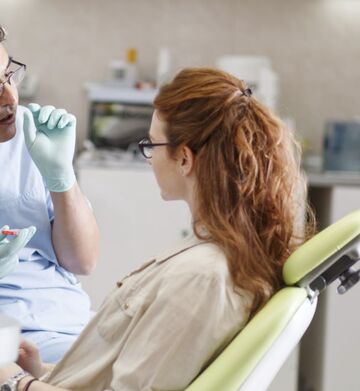
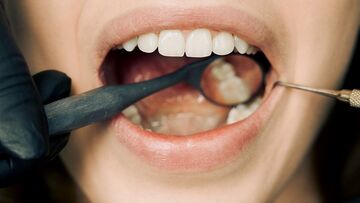
Top 6 Embarrassing Oral Health Problems
03.01.2024
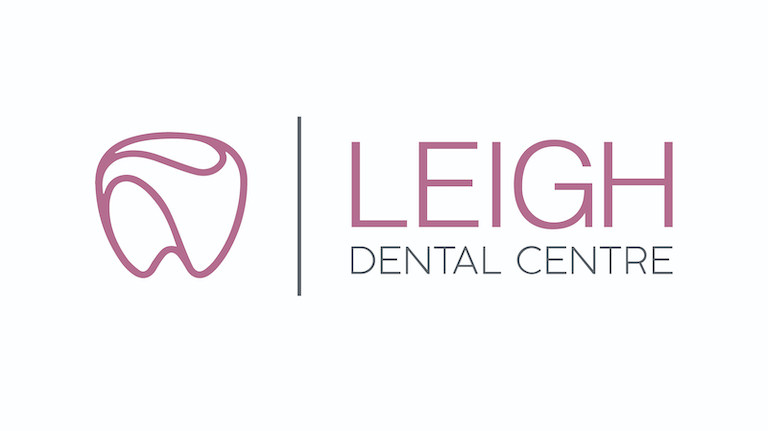
Top dental hygiene questions answered
09.07.2019
Time for you perfect smile?
Book your consultation today
When visiting our practice you know you are visiting the dental professionals trained to the highest standards. You are greeted by our welcoming staff, who share the same aim, to make your visit with us as comfortable and stress free as possible.





